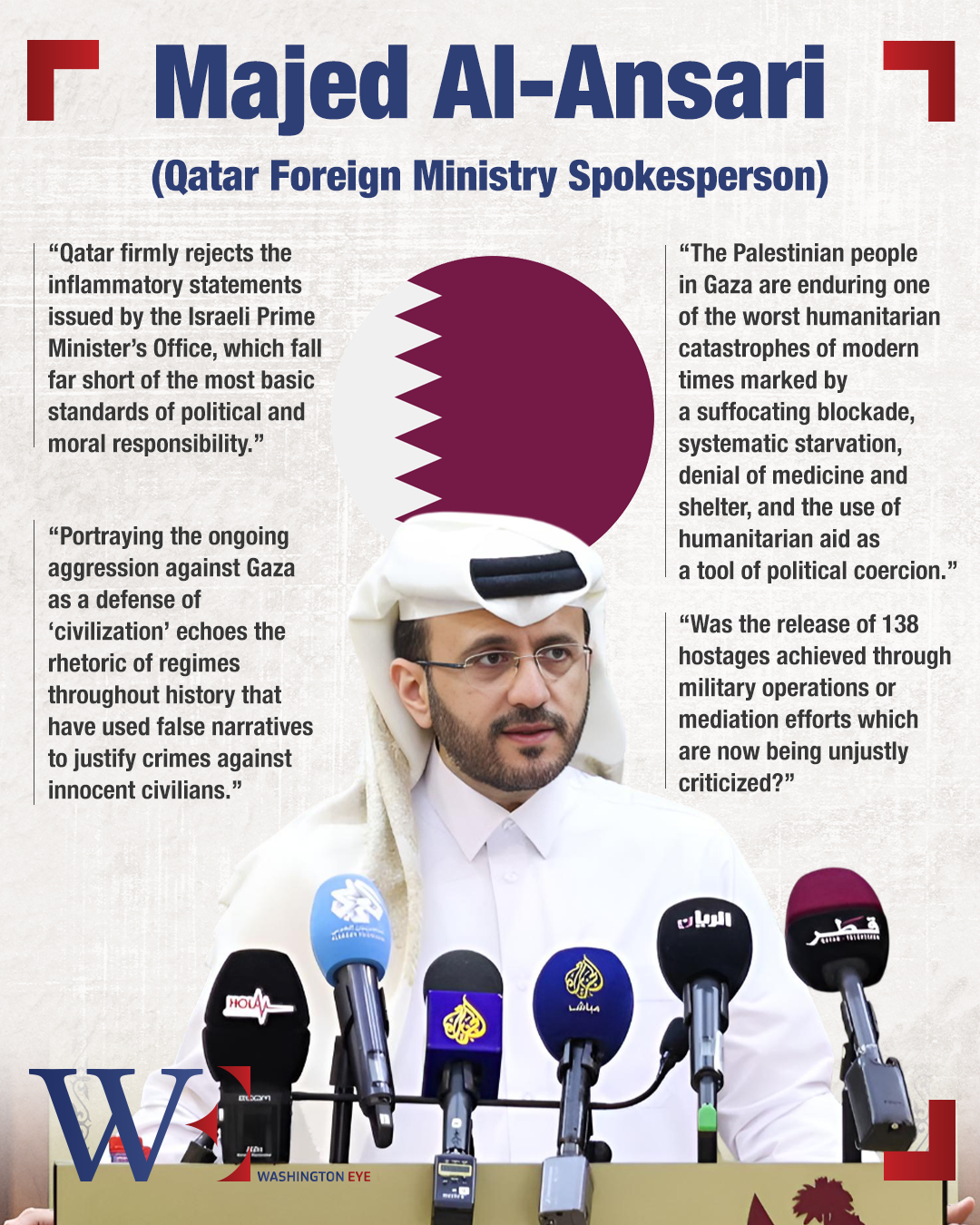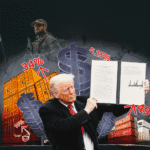Israeli Prime Minister Benjamin Netanyahu publicly criticized Qatar’s involvement in the mediation of hostage negotiations with Hamas, accusing the Gulf state of “playing both sides.” This public rebuke of a key intermediary in the Gaza conflict signals a growing rift in the diplomatic apparatus managing the Israel-Hamas confrontation, raising urgent questions about the viability of Qatar’s continued role as a broker and the broader regional implications for ceasefire prospects and humanitarian access.
Netanyahu’s Criticism: Political Posturing or Policy Pivot?
In a pointed statement issued by his office, Netanyahu asserted that “Qatar can exert pressure on Hamas and bring about the release of our hostages. If it wants to” and accused Doha of using “double talk”. The comment appeared to reflect not just frustration with the pace of negotiations, but deeper Israeli suspicion of Qatar’s longstanding ties to Hamas. Qatar has hosted Hamas political leaders in Doha and provided financial aid to Gaza—activities Israel views as enabling the group’s resilience.
This rhetorical escalation comes amid deadlock in indirect talks—mediated by Egypt, Qatar, and the United States—aimed at securing the release of Israeli hostages held by Hamas since October 7, 2023. Netanyahu’s language also suggests a possible recalibration of Israel’s strategic posture, signaling that it may begin to publicly contest the legitimacy of Qatar’s mediating role. It’s noteworthy that this accusation follows Israel’s reported cancellation of a Mossad delegation trip to Doha, an event interpreted by observers as a sign of escalating mistrust.
Qatar’s Role: Strategic Mediator or Compromised Interlocutor?
Qatar swiftly rejected Netanyahu’s allegations. In a statement on May 4, 2025, Foreign Ministry spokesperson Majed Al-Ansari accused Netanyahu of making “irresponsible and inflammatory” remarks that could undermine delicate diplomatic efforts, according to Reuters. Doha underscored that it acts as an impartial mediator, and that such comments place mediators “in a difficult position” by politicizing their efforts.
Qatar’s diplomatic capital in Gaza stems from its unique position: it is one of the few states that maintains open channels with Hamas leadership while also engaging Western powers and maintaining security cooperation with the United States. The country has long framed its role as a humanitarian facilitator, having funneled hundreds of millions of dollars into Gaza for fuel, salaries, and aid—usually in agreement with Israel and the UN.
However, by attempting to maintain ties with both Hamas and Western allies, Doha is accused by some of enabling impunity while projecting neutrality.
Stakes for Hostage Negotiations and Ceasefire Prospects
This diplomatic fallout introduces considerable uncertainty into the ongoing negotiations. Qatar’s role is not easily replaced; its contacts with Hamas are deeper and more consistent than those of other regional mediators. Furthermore, the trust built over years with Hamas leadership allows it to deliver concessions others cannot.
If Israel’s criticism hardens into official policy, it could jeopardize the framework of the current talks and force mediators to reconfigure. There is also the risk that Netanyahu’s rhetoric is part of a broader strategy to shift blame for any negotiation failures onto Qatar—particularly as pressure mounts domestically for a successful outcome amid growing public anger over the fate of remaining hostages. Indeed, some analysts suggest the comments may be tailored more for an Israeli audience than for genuine diplomatic redirection.
A Final Note: A Fragile Future for Diplomacy
At this juncture, the biggest casualty may be the trust essential to negotiation. If Qatar begins to perceive itself as scapegoated, it may scale back its involvement—or engage only under more conditional terms.
The United States, for now, is urging calm. U.S. officials continue to regard Qatar as an essential partner in the talks, with Secretary of State Antony Blinken recently stating that “there’s no viable path forward that doesn’t involve Qatar”.
In the coming weeks, diplomatic subtlety will be essential. The region is already burdened by mistrust, humanitarian crises, and sporadic violence. Undermining key interlocutors could further fracture the fragile pathways to de-escalation.
















